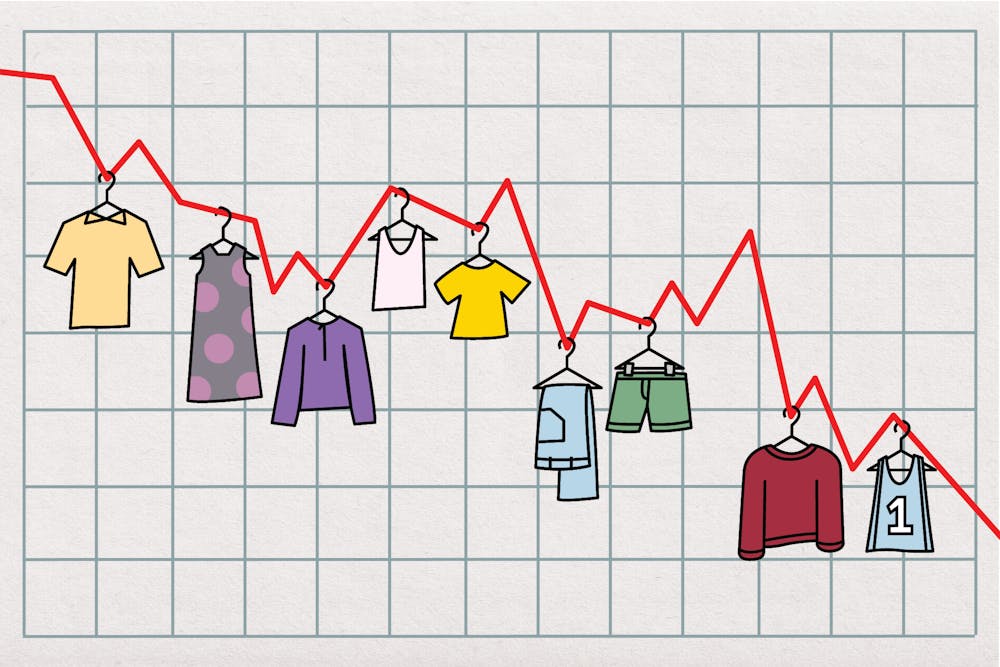Local musician Joyce Preslar has been thrifting in Orange County since 1978 and began working at Chatham PTA Thrift Shop in 1982.
She said she always goes to thrift stores before visiting retail stores because they are more affordable and are more likely to have what she is looking for.
Cathy Meerbergen, a project manager who has been shopping second-hand in the area for 14 years, said her favorite find is a $20 leather tote bag with a laptop sleeve that she consistently wears to work.
Both Preslar and Meerbergen have noticed an increase in costs at their local thrift shops. This is due to store prices fluctuating with the economy, Keith Stinson, board president of Chatham PTA Thrift Shop, said. Last week, J.P. Morgan Research team announced a 40 percent probability of a global recession. The recession will likely impact a variety of industries, including the second-hand shopping market.
“[The thrift shop] is the pulse of the economy,” Stinson said.
When the economy is bad, he said the thrift shop receives less donations because people are less willing to give up their belongings. The thrift shop also has higher sales because more people shop second-hand as a more affordable option, he said.
Annie Williams, a clinical assistant professor of marketing at Kenan-Flagler Business School, said a looming recession will decrease consumer confidence, which will cause supply to decrease and demand to increase. She said this will create an imbalance in the market that will prompt thrift shops to increase prices.
“It’s more expensive to buy clothes now than it was years ago, so this could be a factor for more and more people to thrift,” King said.
Preslar said that in her time shopping second-hand, she has witnessed different people come into and benefit from thrift shops. She said vulnerable community members use clothing vouchers at the thrift shop to buy affordable clothes for themselves and their children.




